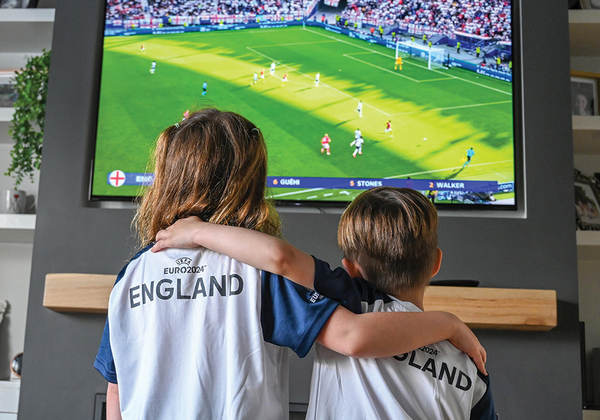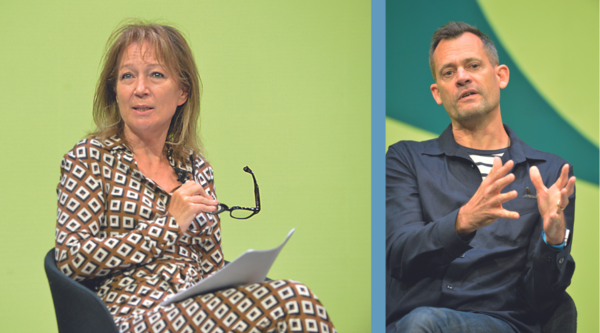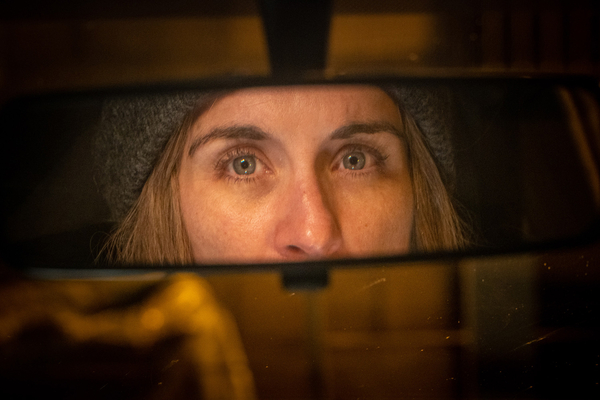"The ad market has recovered": the state of play in TV advertising
TV advertising may once have been a cash cow, the proverbial licence to print money, but as ITV CEO Carolyn McCall reminded the RTS London Convention in September: “Linear advertising is deeply tied to the economy, and it is cyclical. This year is still not easy…but the ad market has recovered. Talking to a lot of my counterparts in Europe… they’re finding it much easier, and they’re all talking about commissioning.”






